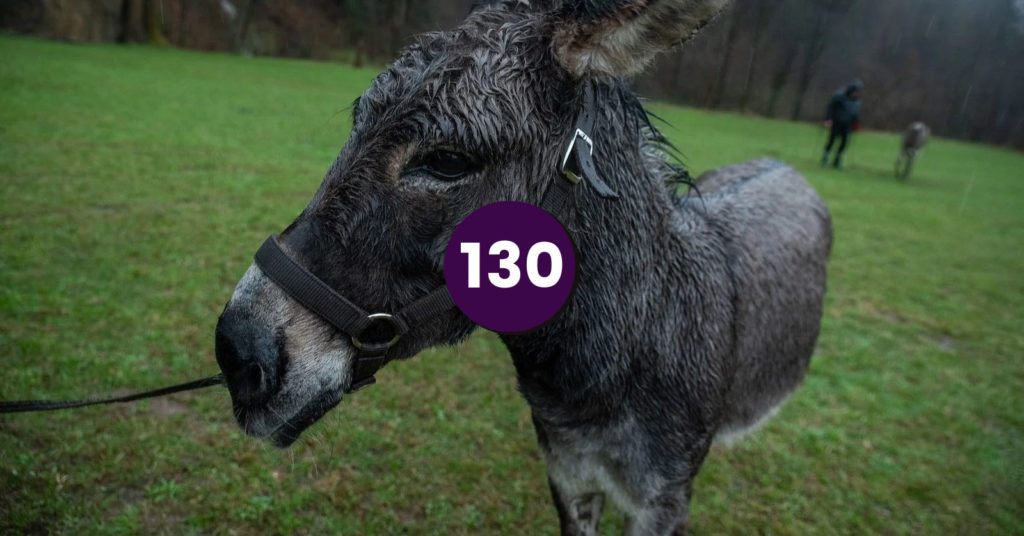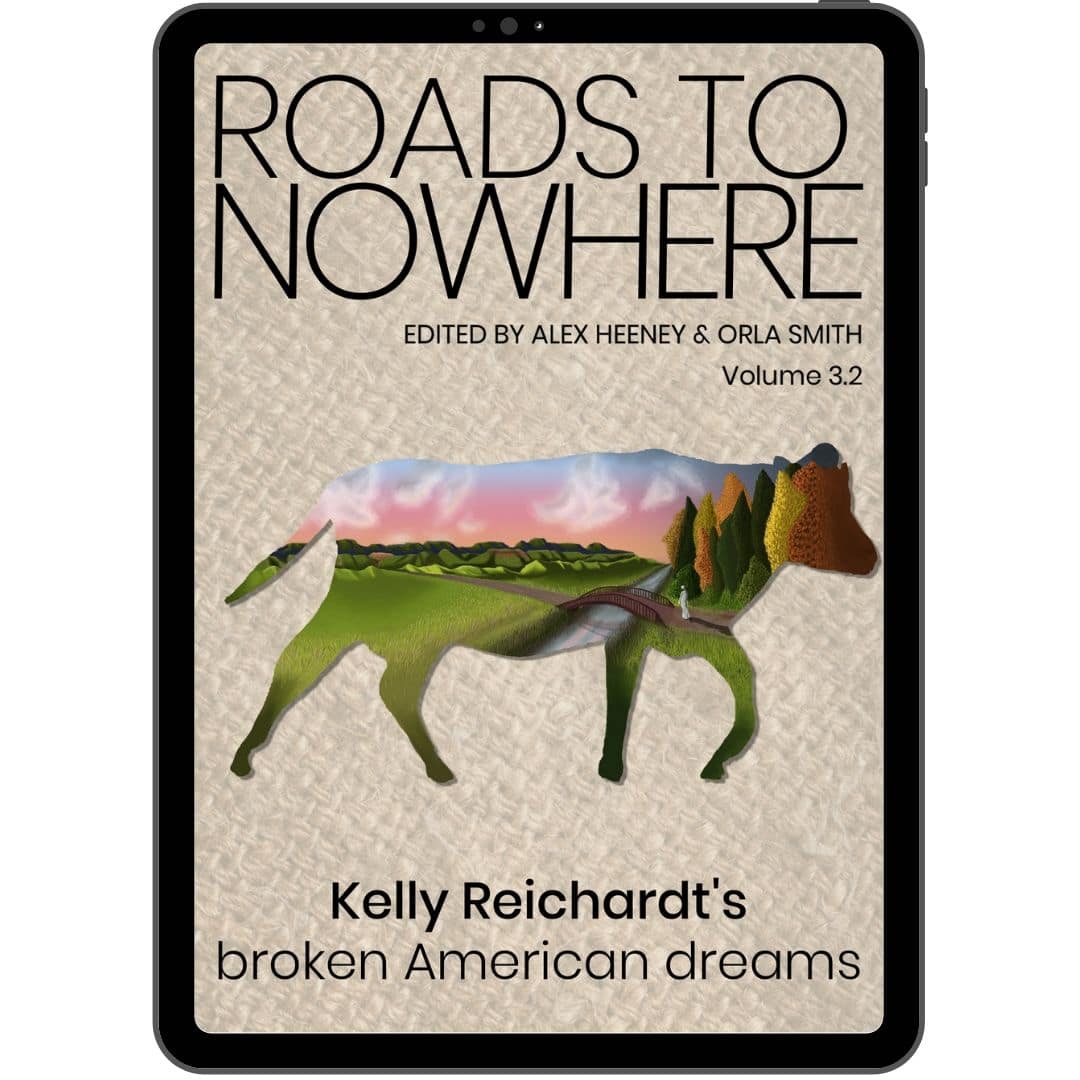On this members only podcast episode, we discuss the film Eo, Jerzy Skolimowski’s visually and aurally inventive film, as well as creating empathy for animals on screen in this film and its cinematic antecedents.
Don’t miss a single episode. Subscribe to the podcast now.

How does a film create empathy for a donkey and give a donkey the appearance of a full emotional inner-life? To answer this question, Associate Editor Dr. Brett “Empathy” Pardy joins us. In particular, we discuss Jerzy Skolimowski’s Eo, a visually and aurally inventive film about injustice in the animal world seen through the eyes of a donkey.
We also compare Eo to other recent films about (or featuring) animals, including White God, Lean on Pete, Cow, and Gunda. And we discuss how some of the best politically conscious films being made today, with youthful exuberance, are coming from directors over 70.
This episode features Editor-in-Chief Alex Heeney, Executive Editor Orla Smith, as well as Associate Editor Dr. Brett Pardy.
About the free podcast excerpt on ‘exceptional donkeys’ and Eo
In this excerpt, we discuss whether Eo is presented as an “exceptional” animal in the film. Many films about animals are about exceptional animals, such as Air Bud the golden retriever who can play basketball or Okja the superpig. In many ways, Skolimowski’s film bucks convention here by making Eo a fairly normal donkey whose experiences (and the way he’s depicted) render him a subject of interest rather than because he’s a particularly special donkey.
Never miss an episode again. Become a member.
For exclusive access to all of our episodes, including all of our in-between season episodes:
On this members only podcast episode on the film Eo
- 01:51 Why are we talking about Eo?
- 09:18 Placing Eo within the canon of donkey stories
- 13:53 Exceptional donkeys (This section is excerpted for free)
- 32:00 Anthropomorphising animals
- 46:56 An older generation of political filmmakers
Show Notes on the podcast on the film Eo
- Become a member for access to all of our upcoming episodes
- Listen to our first podcast season on Women at Cannes
- Read Alex Heeney’s review of Eo, which also serves as an introduction to the episode
- Get your copy of our ebook on Lean on Pete, a film about an unexceptional horse
- Read Alex Heeney’s White God interview with the film’s director and animal trainer
- Get your copy of our ebook Road to nowhere: Kelly Reichardt’s broken American dreams. It features an interview with the First Cow and Lean on Pete animal trainer.
- Watch the 2009 Sam Mendes Charlie Rose interview referenced in the episode. He discusses the differences between directing film and theatre
Get the ebook to read our in-depth interview with the animal trainer behind Lean on Pete and First Cow
Roads to nowhere: Kelly Reichardt’s broken American dreams is an ebook that will take you on a journey through Reichardt’s filmography.
It’s also the only place you can find interviews with her and all her collaborators, which together reveal Reichardt’s filmmaking process like never before. This includes an interview with animal trainer Lauren Henry on how you get animals to act.
Related episodes
- Ep. 11: Mike Leigh’s Peterloo (Free) – on the film and what we learned about Leigh’s process and the film from writing the book Peterloo in process: A Mike Leigh collaboration
- Ep. 32: Sorry We Missed You and Peterloo (Members only) – we discuss creating empathy for characters navigating an unjust world
- Ep 93: The films of Agnieszka Holland (Members Only) – we discuss Europa Europa, Washington Square, and Charlatan and how Holland depicts life under totalitarian states (which has similarities what Eo experiences as a lower class donkey)
- Ep. 104: Agnieszka Holland on directing (Members Only) – an in-depth interview with the director about bucking convention from early on in her career, and how she continues to do so now
- Ep. 7: Andrew Haigh’s Lean on Pete (Free) – we discuss the film and its depiction of an unexceptional horse, as well as insights gleaned from our ebook on the film (Lean on Pete: A Special Issue), including how it was made
Episode (excerpt) transcript
The transcript for the free excerpt of this episode is AI-generated by Otter.ai.
[fusebox_transcript]


